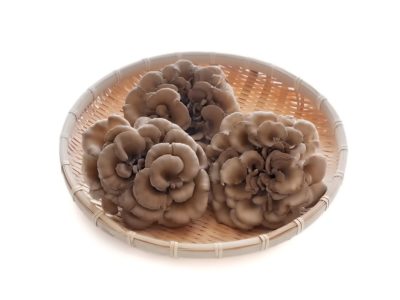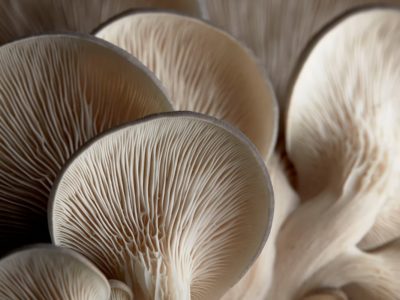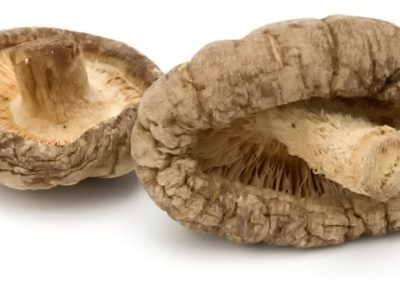Although mushrooms are widely consumed around the world, only two epidemiological studies have shown that eating mushrooms might reduce the risk of cancer. In this study, researchers examined whether extracts from edible mushrooms – Agaricus bisporus (portabella), Flammulina velutipes (enoki), Lentinula edodes (shiitake), and Pleurotus ostreatus (oyster) – can influence the growth of breast and colon cancer cells. Our findings revealed that Pleurotus ostreatus (oyster mushroom) was the most effective in inhibiting the growth of breast cancer cells (MCF-7, MDA-MB-231) and colon cancer cells (HT-29, HCT-116), without affecting the growth of normal mammary epithelial cells (MCF-10A) and normal colon cells (FHC).
Using flow cytometry, researchers discovered that the suppression of cancer cell growth by Pleurotus ostreatus was linked to stopping the cell cycle at the G0/G1 phase in MCF-7 and HT-29 cells. Additionally, Pleurotus ostreatus increased the expression of the tumor suppressor p53 and the cyclin-dependent kinase inhibitor p21 (CIP1/WAF1), while reducing the phosphorylation of the retinoblastoma protein (Rb) in MCF-7 cells. In HT-29 cells, Pleurotus ostreatus also boosted the expression of p21 and decreased Rb phosphorylation, suggesting that this mushroom inhibits cancer cell proliferation through both p53-dependent and p53-independent mechanisms.
In summary, this results indicate that the edible oyster mushroom may have potential therapeutic and preventive effects against breast and colon cancer.
Jedinak, A., Sliva, D. 2008. “Pleurotus ostreatus inhibits proliferation of human breast and colon cancer cells through p53-dependent as well as p53-independent pathway.” International Journal of Oncology 33(6): 1307-1313.



